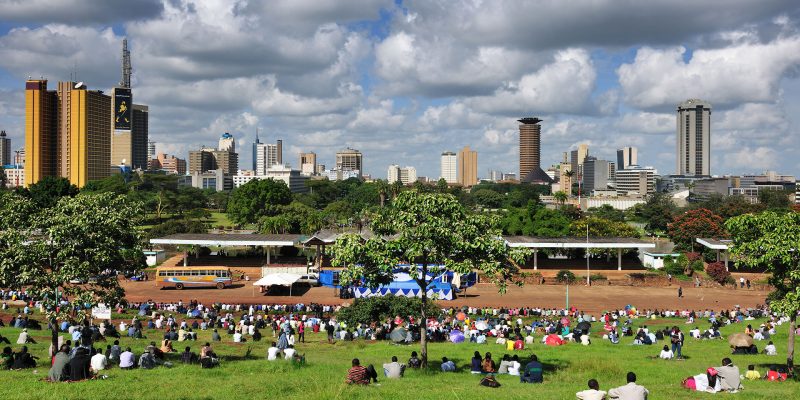This content has been archived. It may no longer be relevant
Kenya’s 2020 economy projected to witness its slowest growth since 2008, weighed down by Covid-19 pandemic-led disruptions to economic activity.
Ukur Yatani, cabinet secretary National Treasury on Tuesday said most of the country’s economic activities have been slowed down by restrictions resulting from containment and cessation of sections of the population, the nationwide curfew, and stoppage of international passenger travel.
Gross domestic product will grow 2.5 percent in 2020, but may go lower to 1.8 percent, compared with 5.4 percent growth in 2019.
“Our GDP projection for the year is 2.5 percent however if the pandemic persists we see growth contracting further to 1.8 percent,” Treasury Yatani said.
This is a revised estimate from 3 percent from an earlier forecast of about 6 percent. In addition, the Central Bank of Kenya (CBK) also said as a result of the pandemic, economic growth is expected to decline significantly in 2020, from a baseline estimate of 6.2 percent to possibly 3.4 percent.
The first case of Covid-19 in the country was confirmed on the 12th March 2020. 363 cases of COVID-19 and 14 deaths were reported as of April 27.
“There is a serious slack in economic activity particularly in services sectors such as transport. This is expected to result in job and earnings losses,” he added.
Treasury noted that the global economy was projected to remain suppressed due to slowdown in industrial output, weak business confidence, and increased trade tensions, even before the rapid spread of the Covid – 19 pandemic.
“Weak global economy is likely to negatively impact on Kenya’s exports, more so horticultural products as well as the tourism sector.”
However, the economy is expected to rebound in 2021, growing by about 5.2 percent from world bank estimates.
READ:
- Kenya’s Economic Growth Slows in 2019 to 5.4pct
- Central Bank of Kenya Expected to Ease Monetary Policy to Stimulate Economy
Rise in public debt
The Kenya National Bureau of Statistics Economic Survey 2020 shows the national government expenditure is expected to grow by 10.6 per cent to KSh256.1 billion in the financial year 2019/20 from KSh2.94 trillion spent in 2018/19.
The total stock of public debt stood at KSh5.3 trillion as at the end of June 2019, with external debt accounting for 57 per cent of the total debt stock.
The national debt currently is estimated at KSh6.05 trillion with a total of KSh640.8 billion expected to be spent on public debt servicing in the current fiscal year.
“In the short term, the government’s fiscal policies in the national budget are likely to focus on re-orientation of expenditure to initiatives aimed at control and eventual elimination of the Covid-19 in the country. Overall, factors against accelerated growth are likely to outweigh pro-growth aspects by far in 2020,” says Yattani.
Yattani is optimistic they will get a waiver of debt payment by bilateral lenders.
Kenya has further said it will need the International Monetary Fund’s Rapid Credit Facility (RCF) to supplement its official foreign exchange reserves and budget support to address the current crisis triggered by the coronavirus pandemic.




